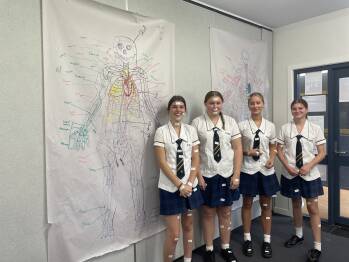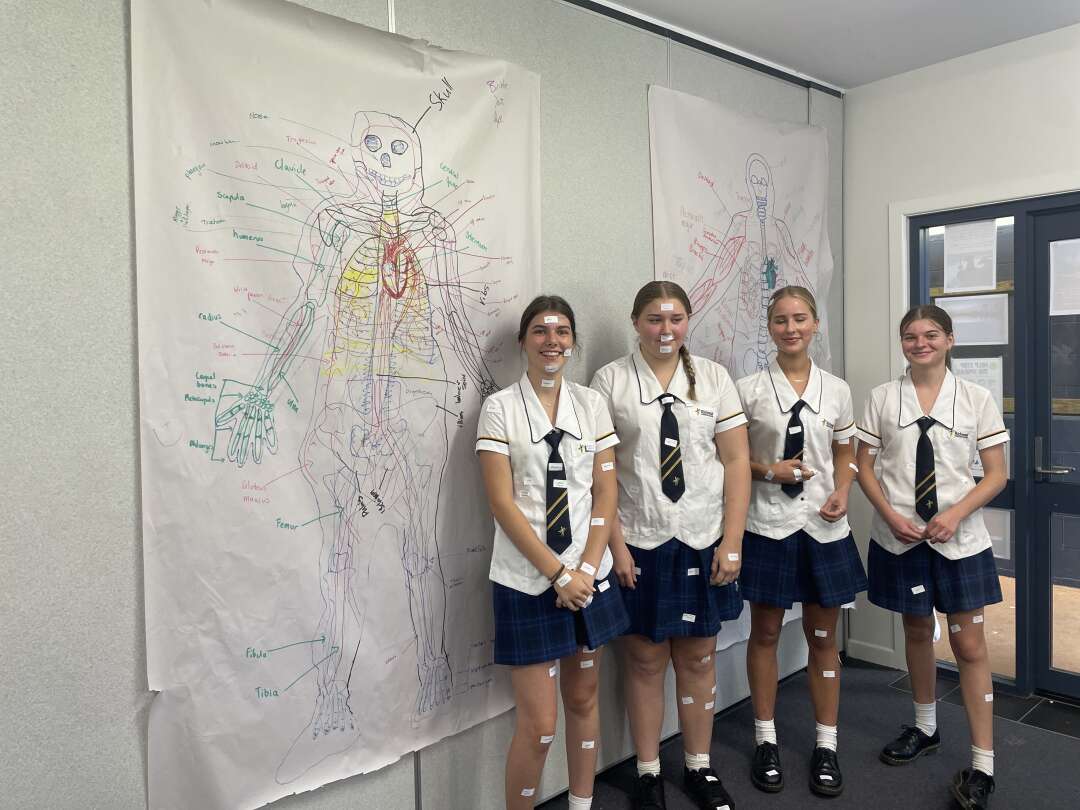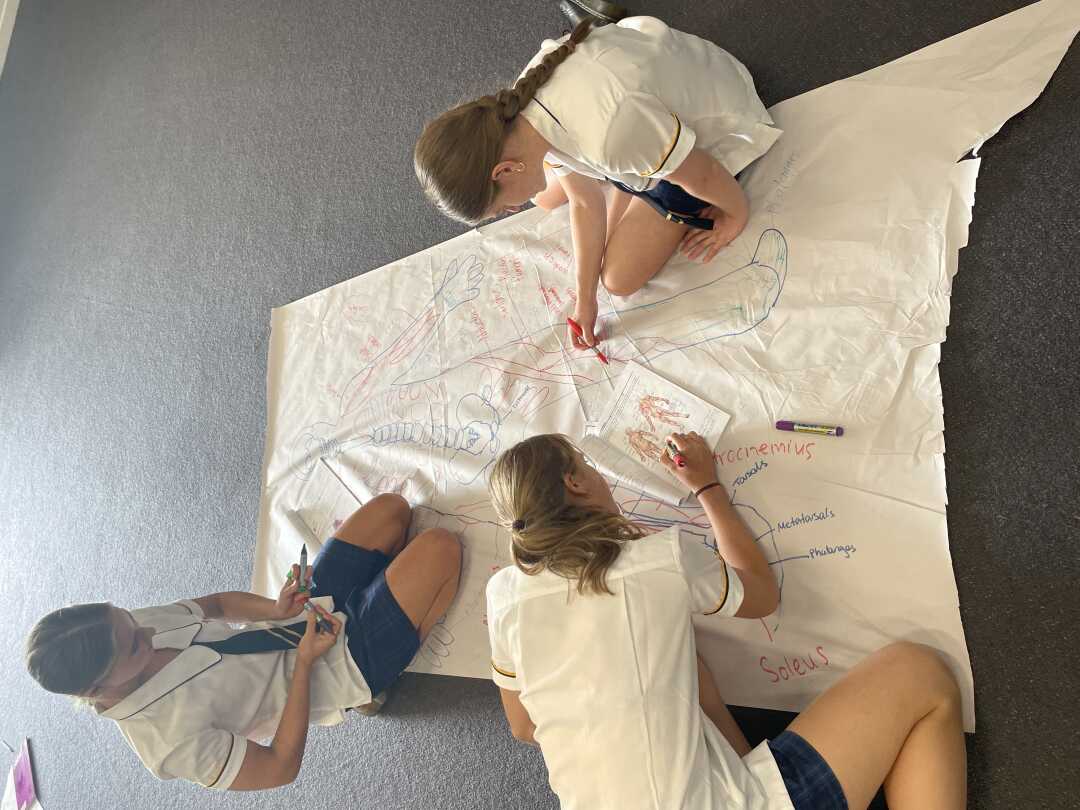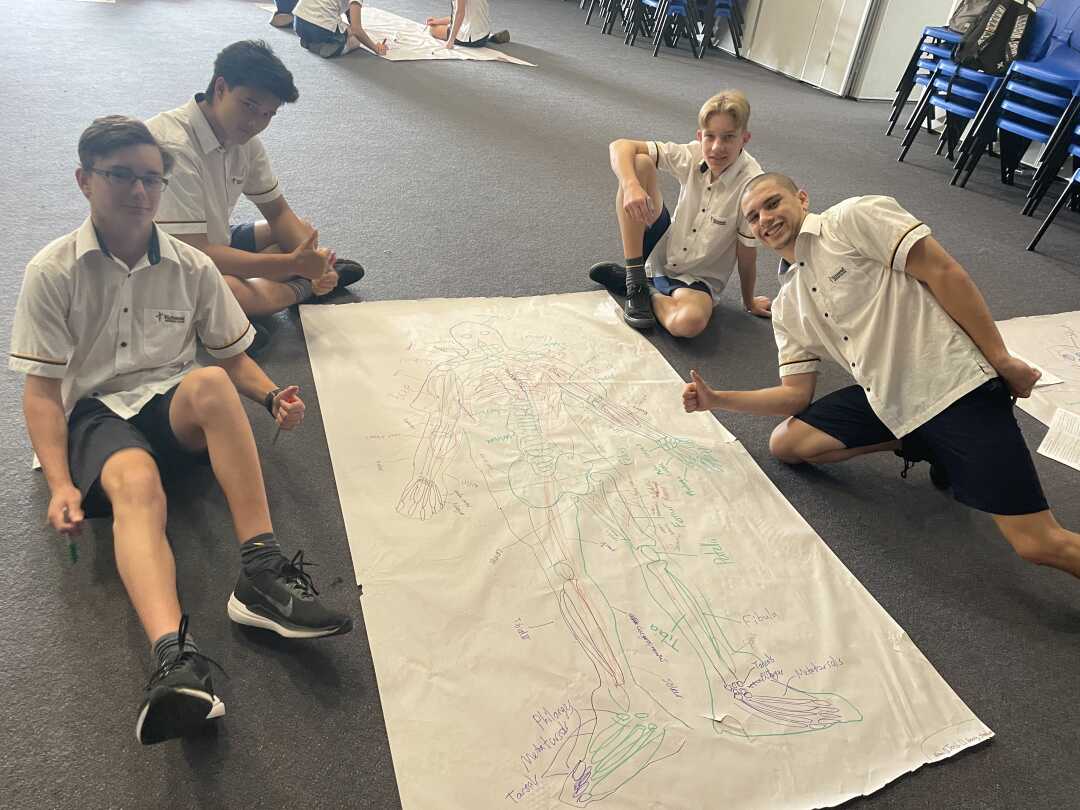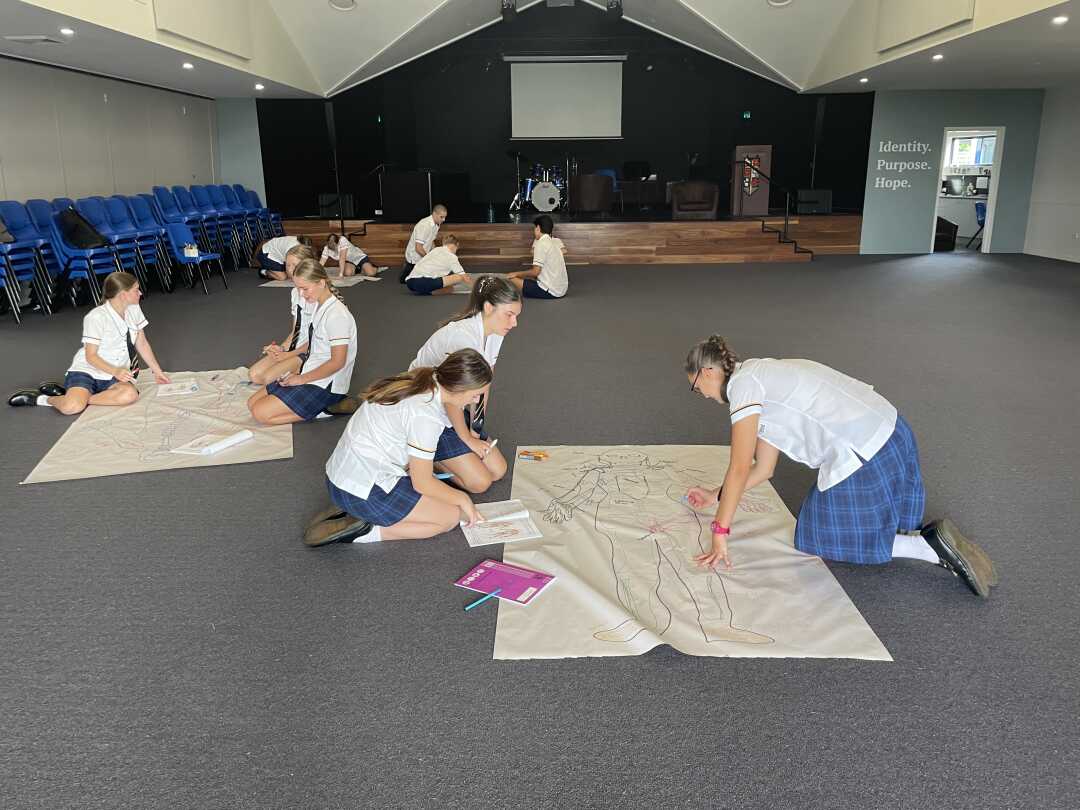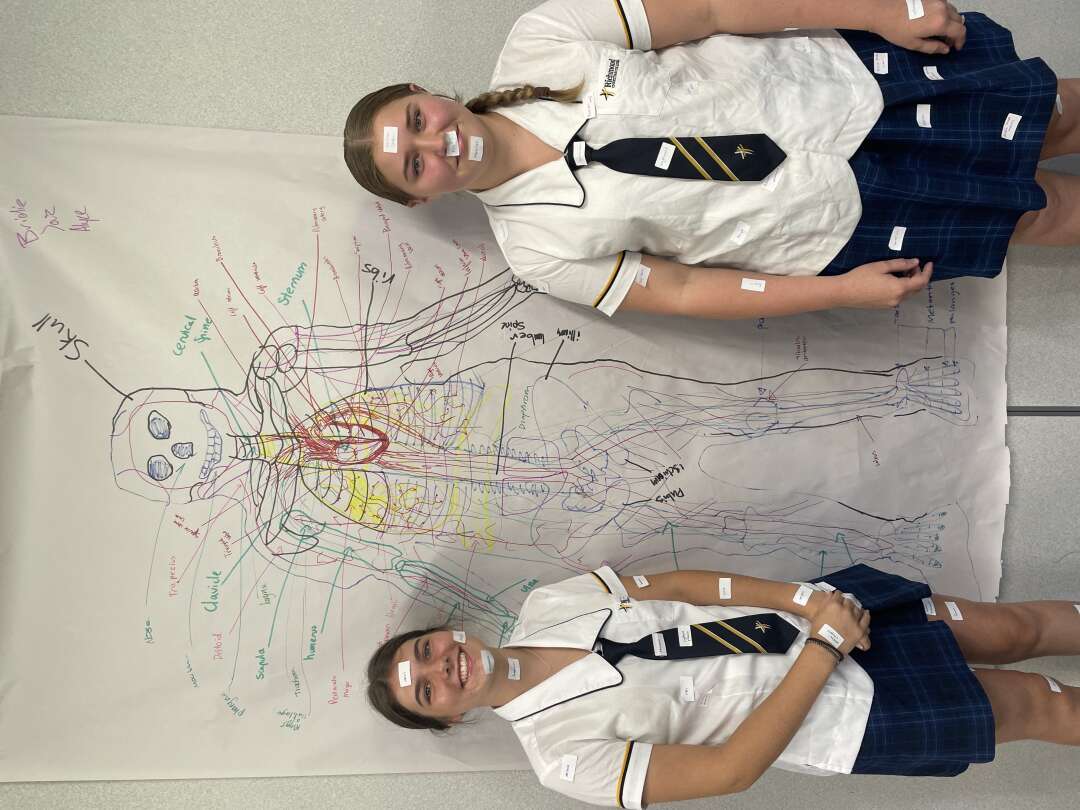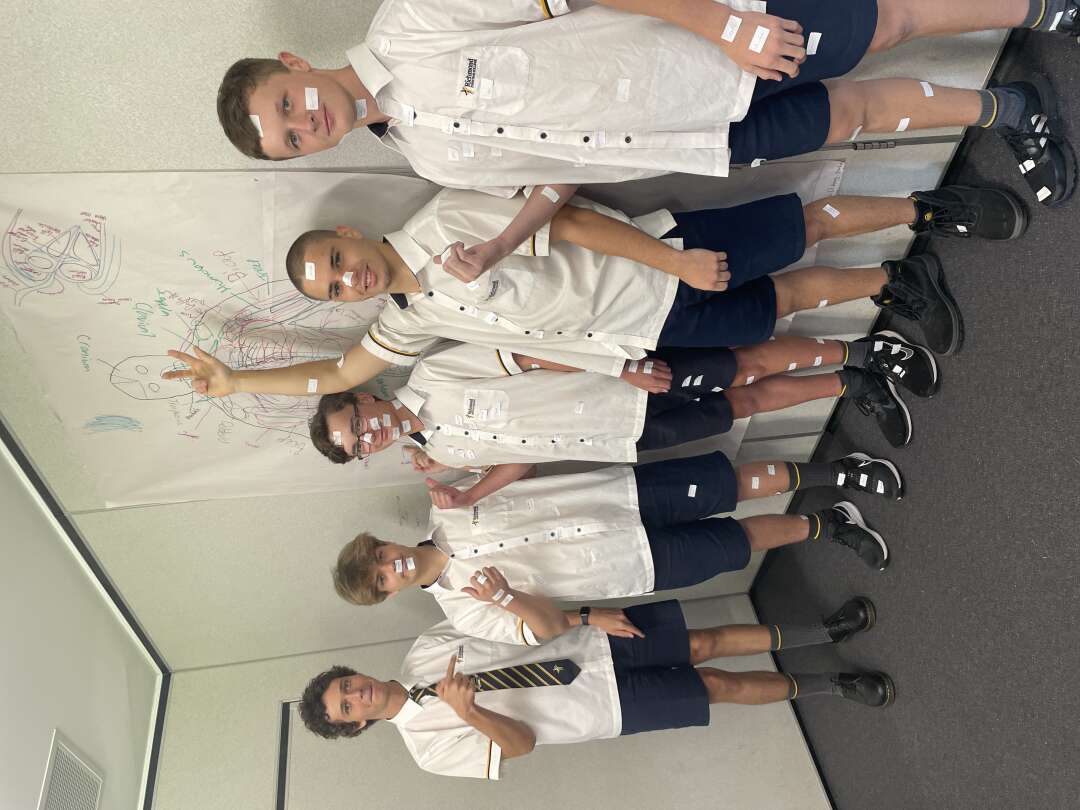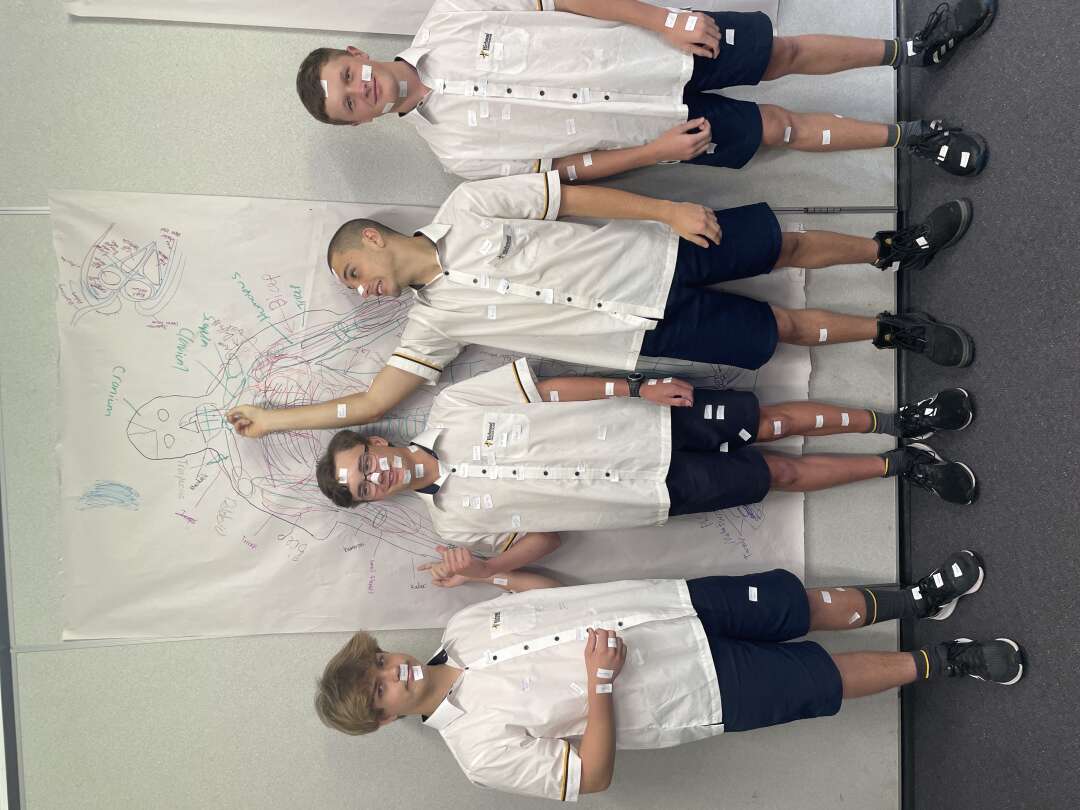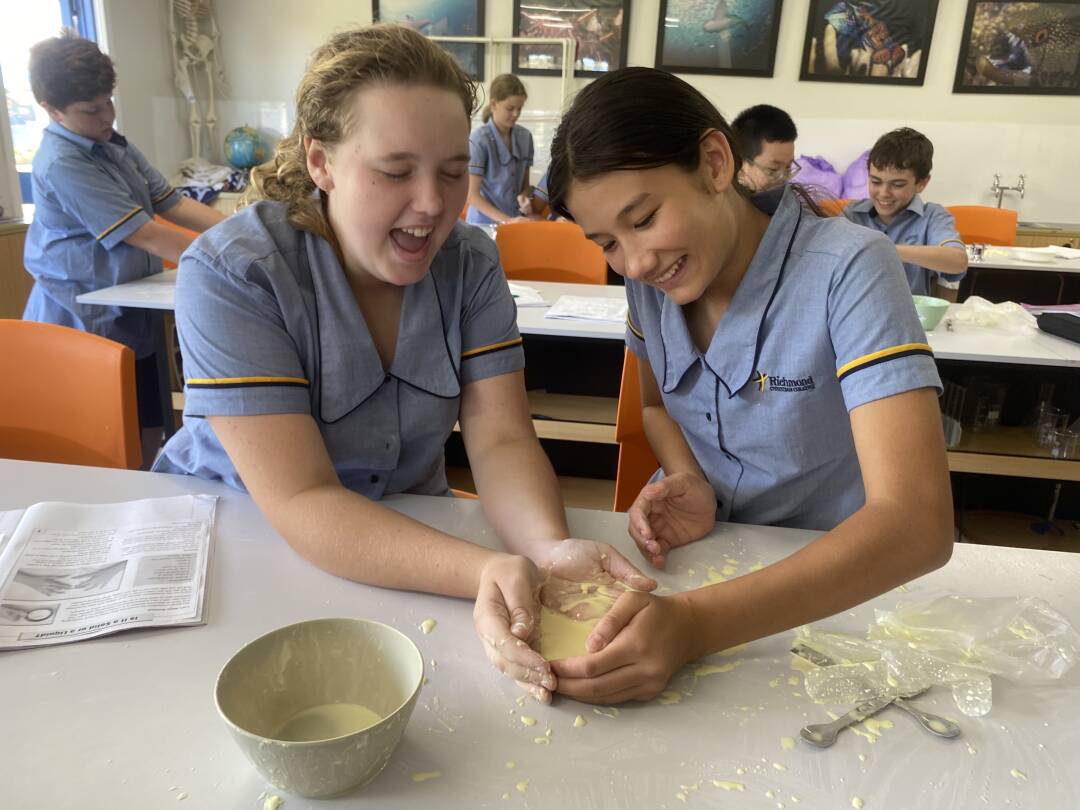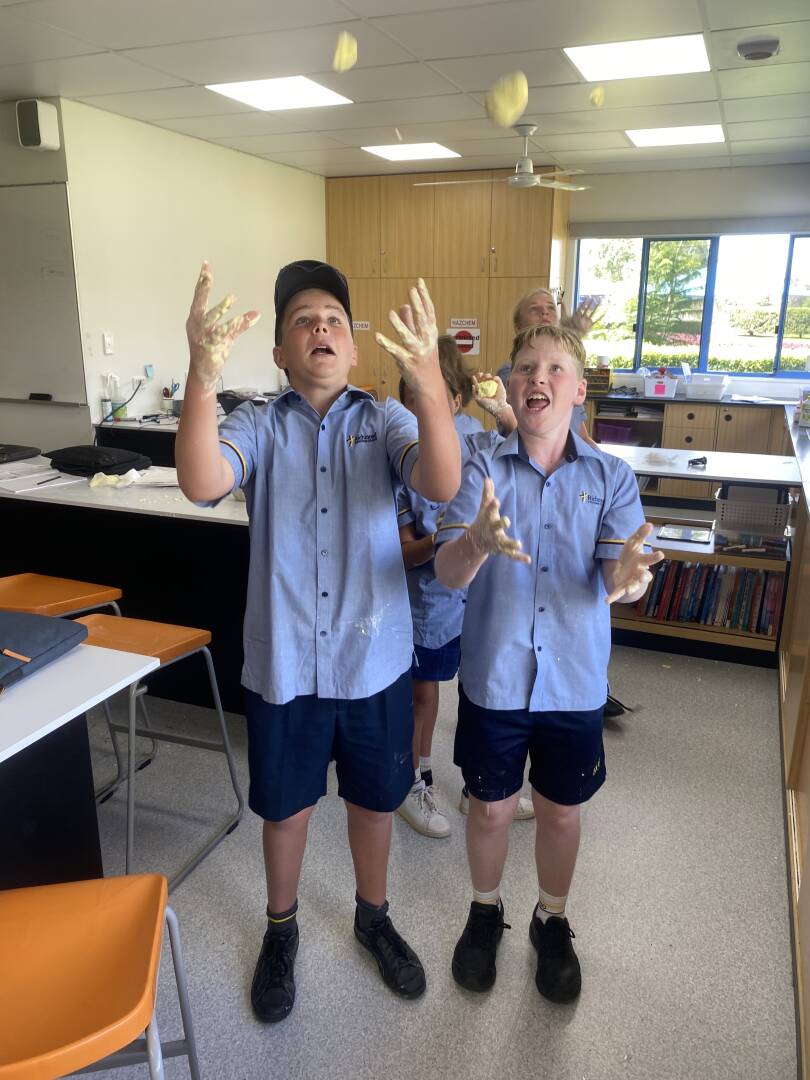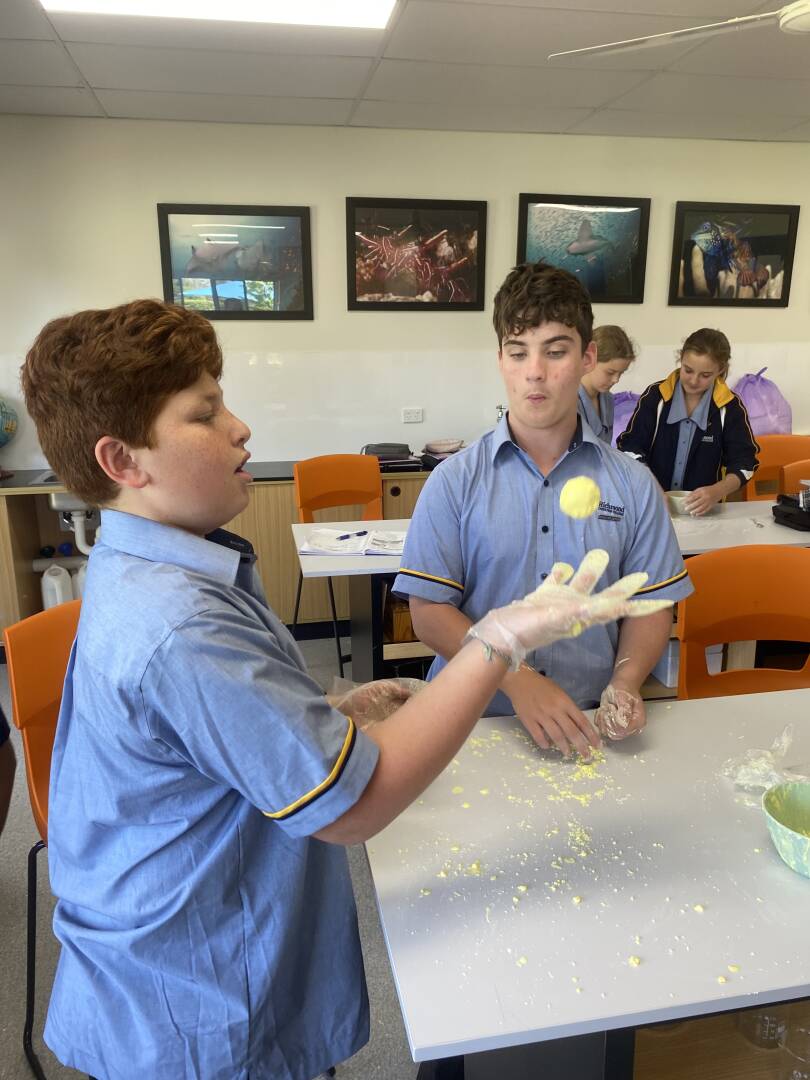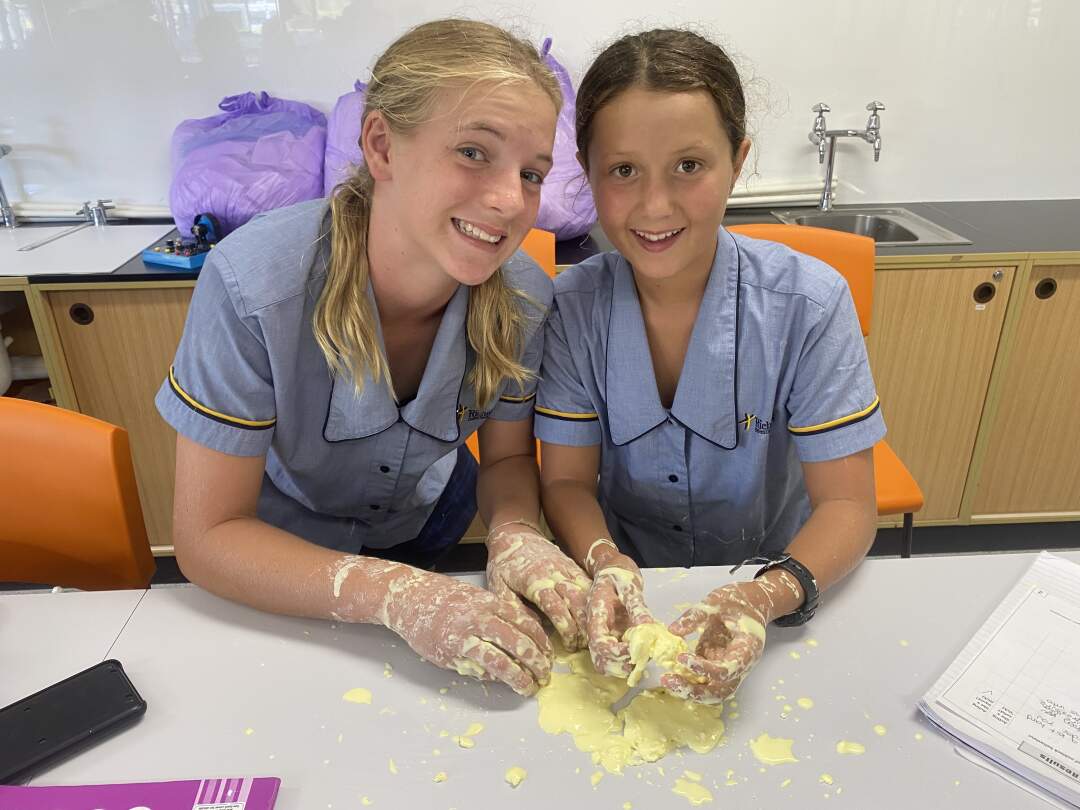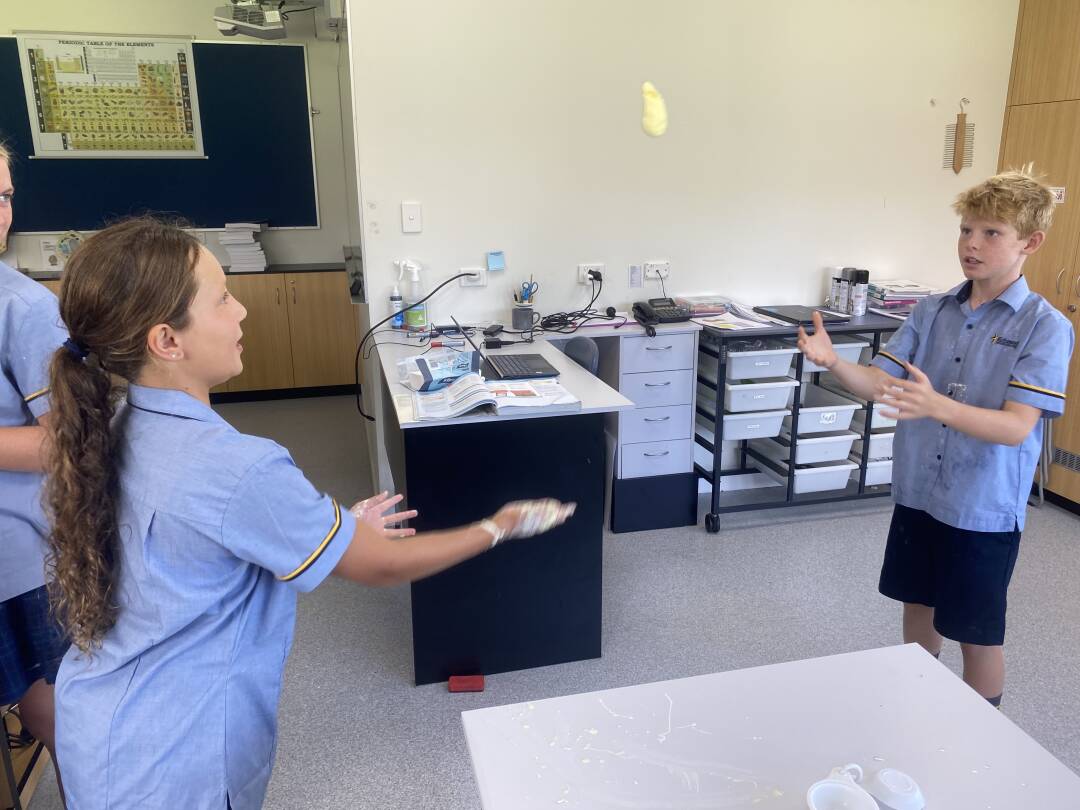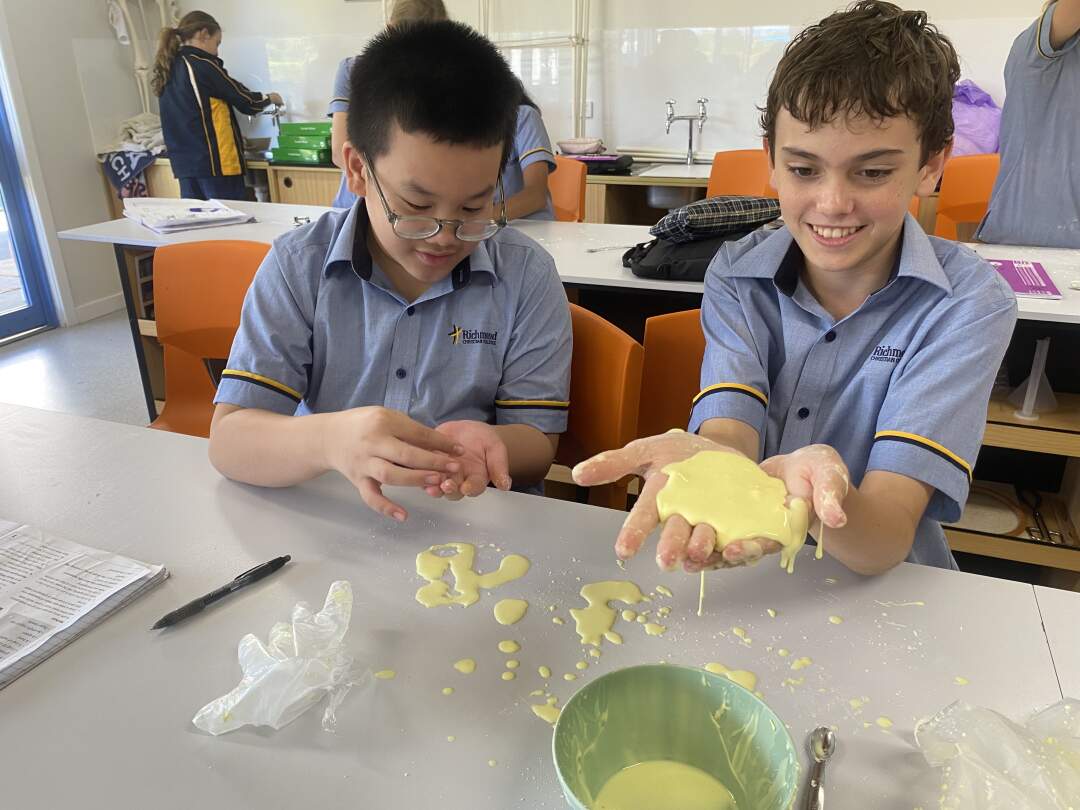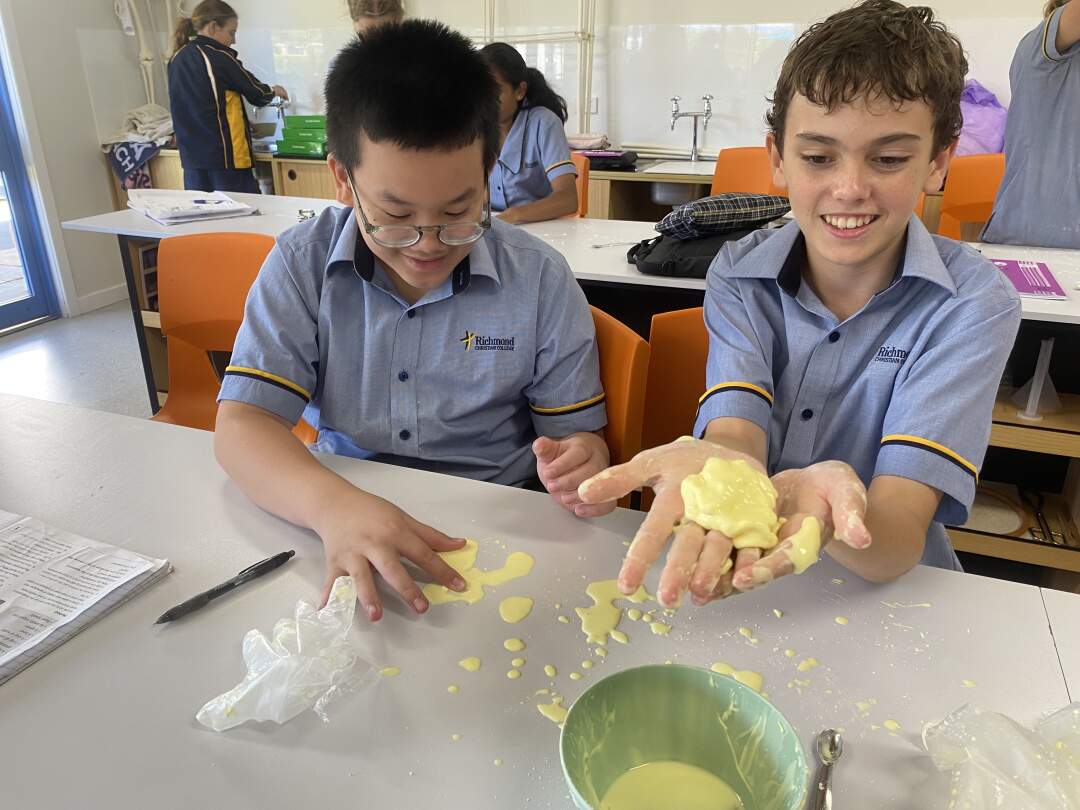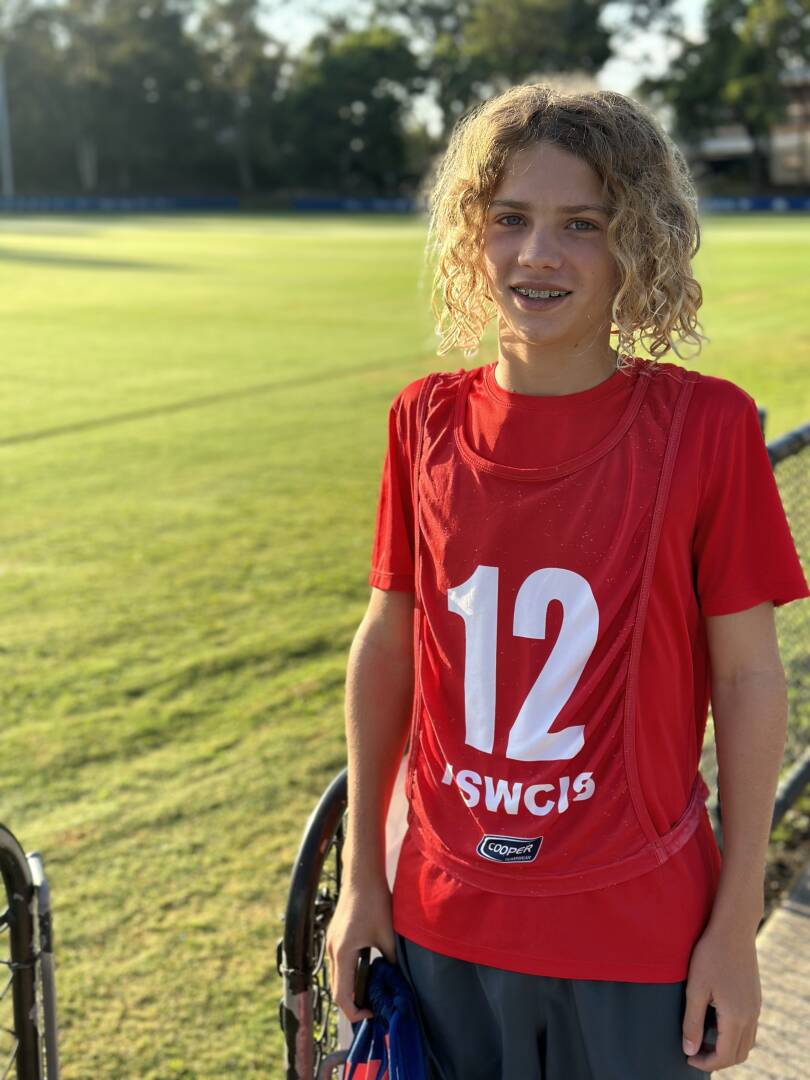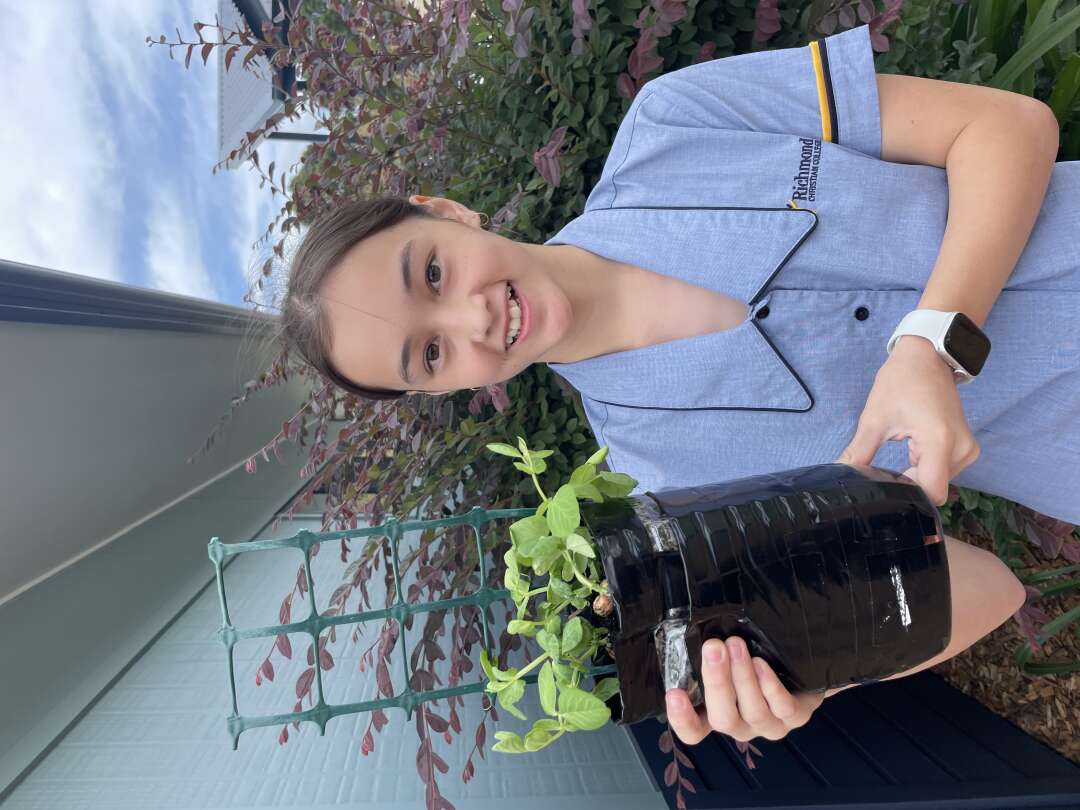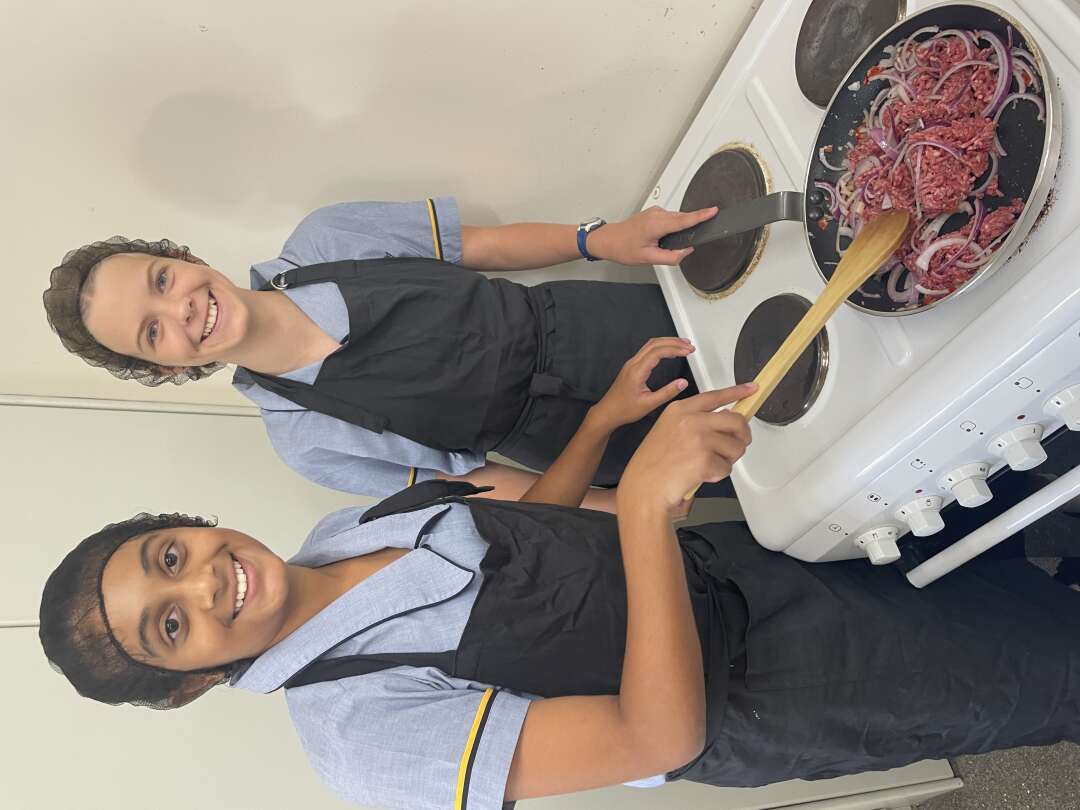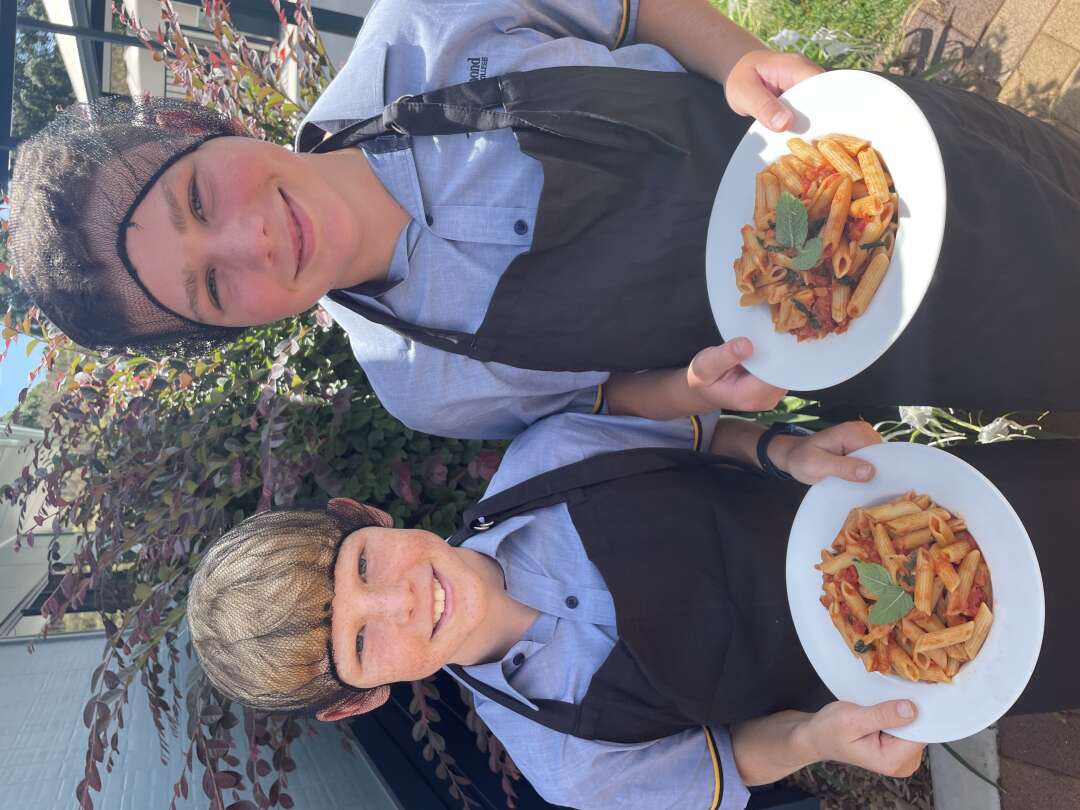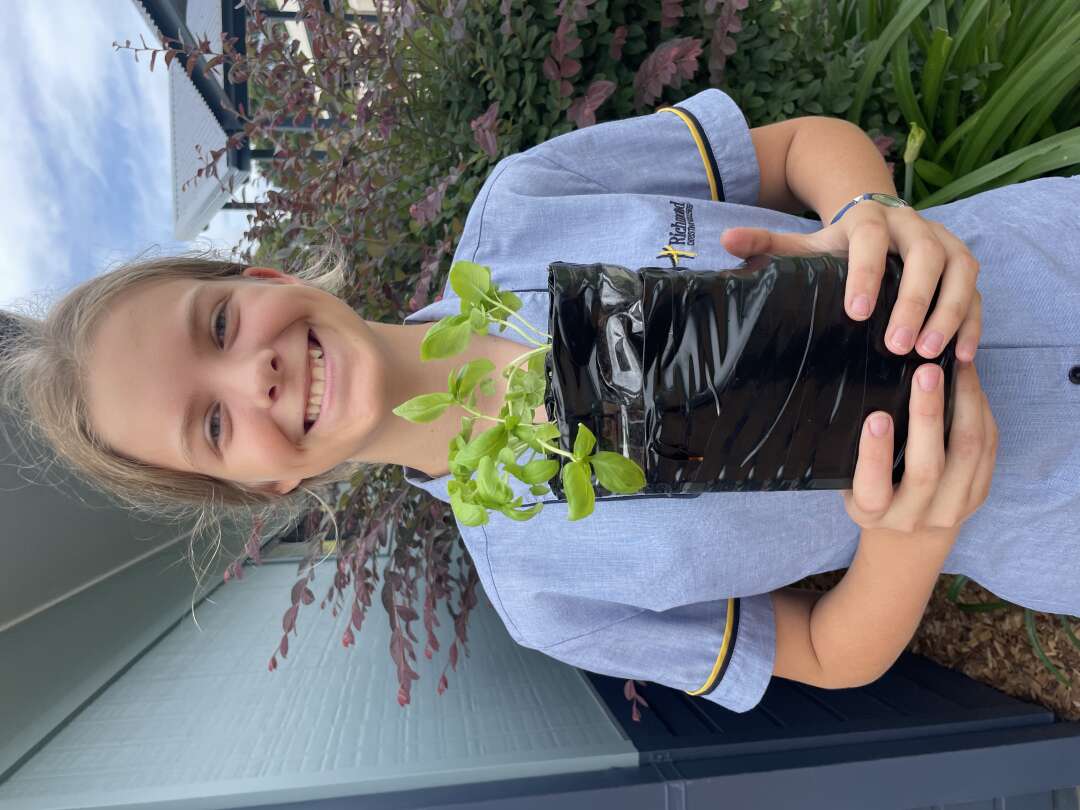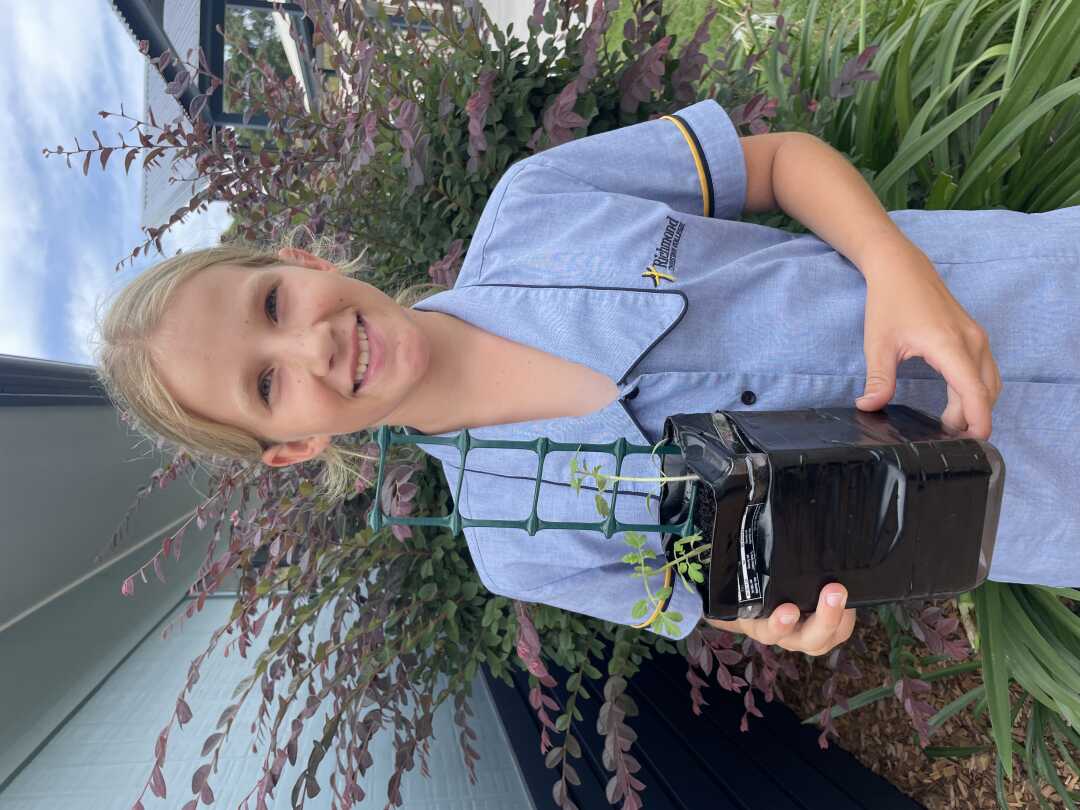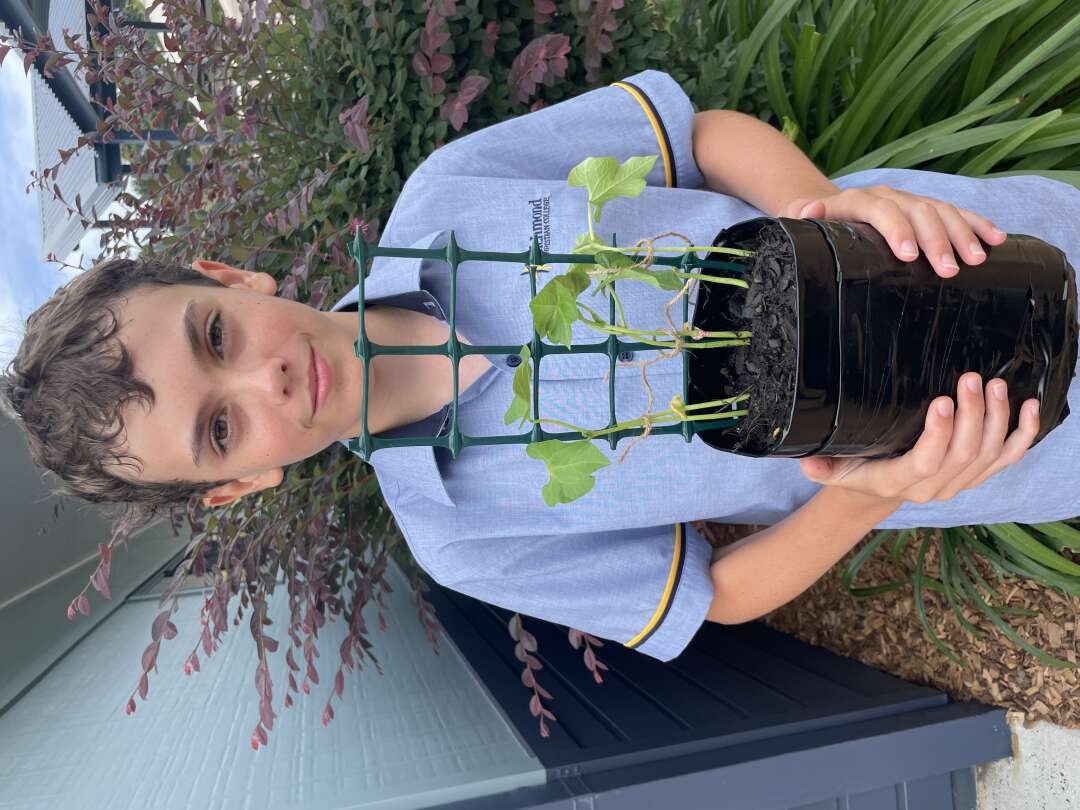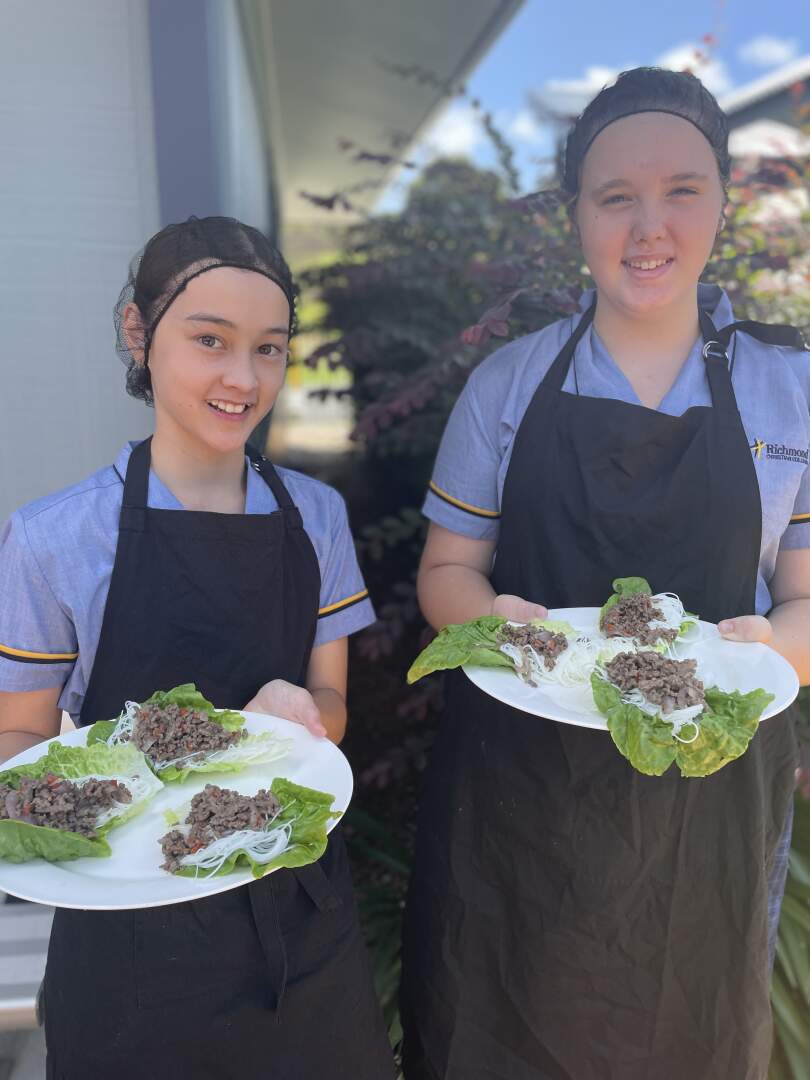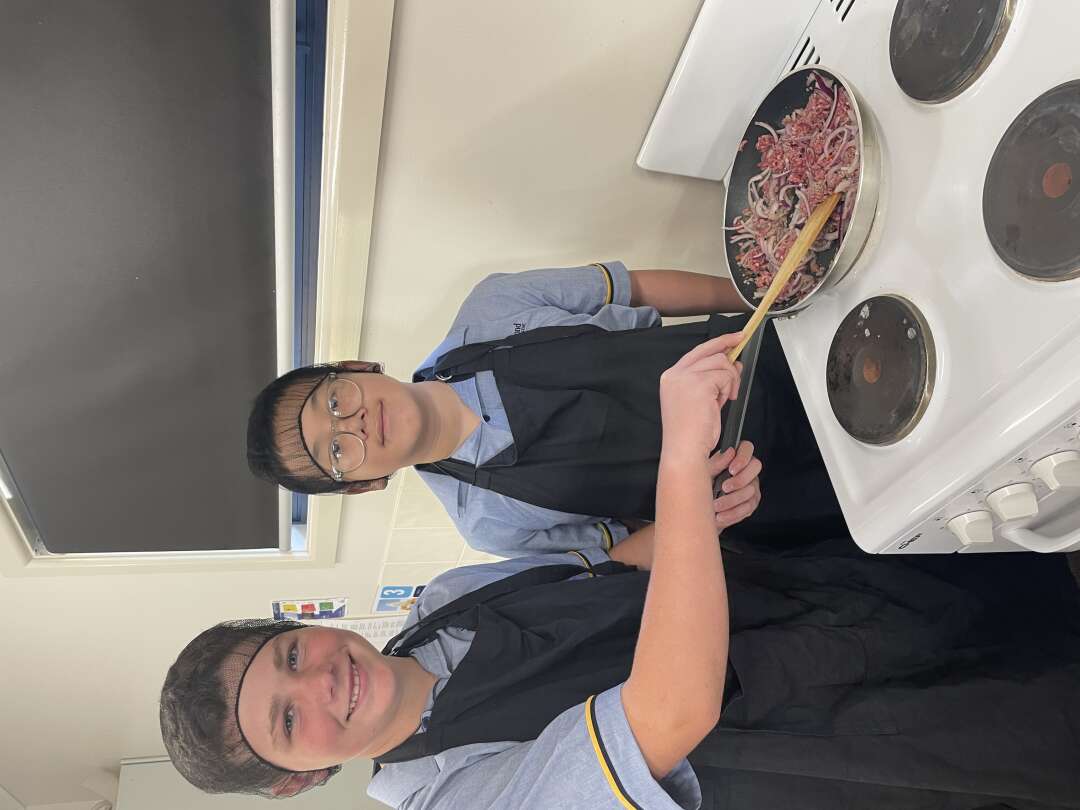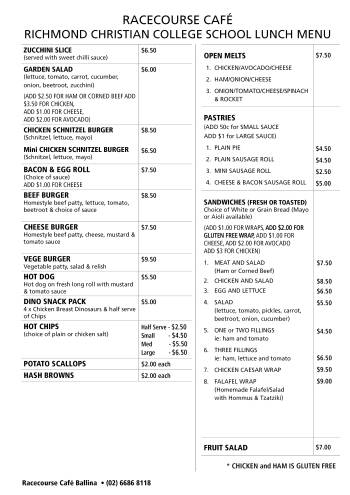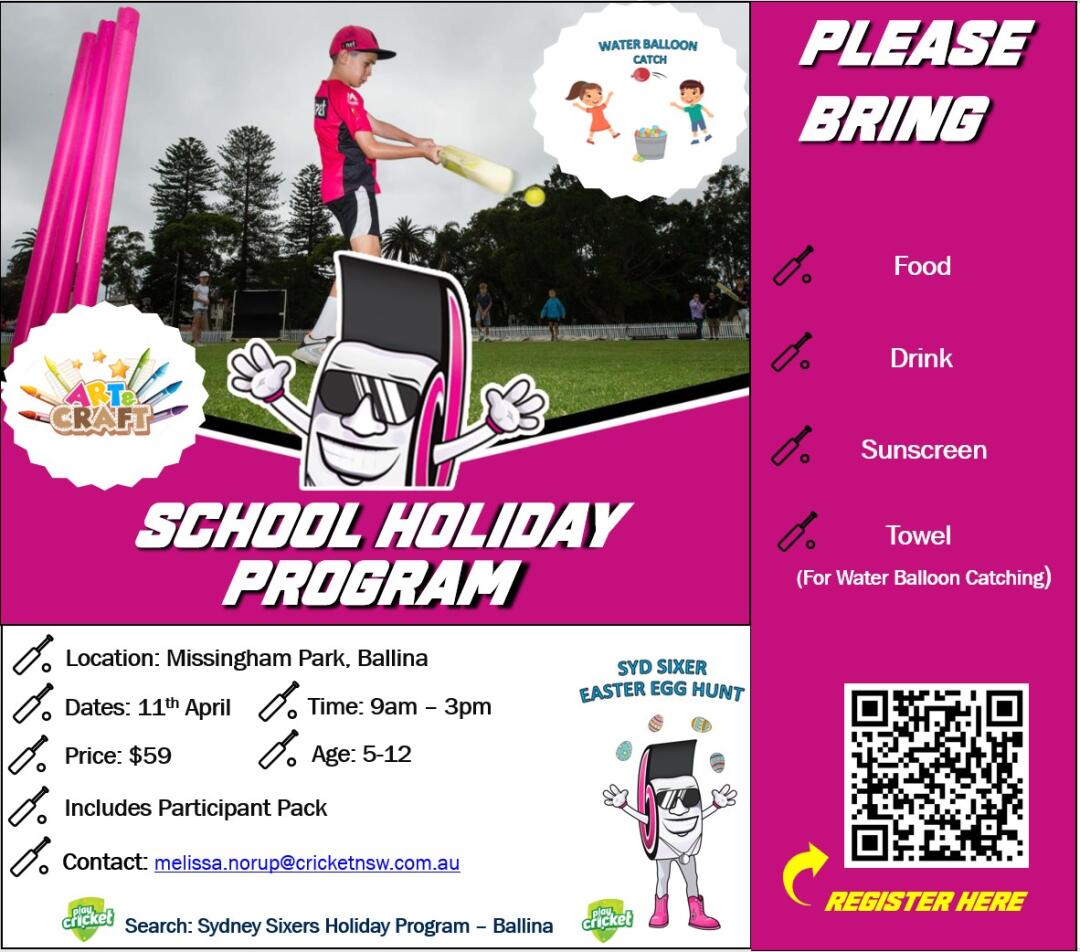Year 7 have been investigating the 3 phases of matter: solids, liquids and gases. This week they created Oobleck to show how some things can display properties of a solid AND a liquid. It was fun and VERY messy.
Let us hold tightly without wavering to the hope we affirm, for God can be trusted to keep his promise. Let us think of ways to motivate one another to acts of love and good works.
Hebrews 10
It is constantly our prayer that the RCC community is one that encourages and equips each other. I want to especially celebrate those involved in our school programs that specifically seek to enable this. A big thank you to the students, teachers, volunteers and parents involved in our buddy programs, our Peer Support students, our learning support team and our volunteer opportunities.
It is so encouraging to see members of our community at all levels seeking to encourage by walking beside those who need it. Whether you are a new school student, a member of a touch football team, or a student who needs additional support to achieve, it is a blessing to be able to play a role in helping everyone know they are important as God’s intentional creation and to encourage them to continue in the knowledge and purpose of this.
Furthermore, to continue in the spirit of encouragement and equipping, please enjoy part 3 & 4 of Ash’s Parenting with Resilience…
Praying for a blessed week for you.
Jonno
Parenting with Resilience With Ash: Part 3 & 4.
The next two habits require you to become physically and verbally engaged. As a parent who is helping develop and grow resilient children …
3. Your words matter … so be encouraging.
Most children I meet are starving for encouragement or what one of my favourite Christian Psychologists, Dr Kevin Lehman, calls vitamin E (encouragement). As humans we never outgrow our need for encouraging words. Parents, our words shape our kids’ lives.
Prov 12:18 states: Thoughtless words cut deep like a thrusting sword, but the speech of the wise is a healing balm. In the context of developing resilient children this is particularly pertinent. This habit requires us to (1) Understand the difference between encouragement and praise; and (2) Be observant, to say what we see, and not expect anything back.
Many of us have been conditioned to use words that are either shame orientated, or performance orientated. When building resiliency in our kids neither are appropriate. In today’s approval culture, we need to tread carefully between praise and encouragement. As the Bible of states … if you want to praise something, praise God as He is worthy of our praise.
Many kids are conditioned to seek approval constantly which is exhausting, stressful and produces indecisive and insecure adults. Instead encourage characteristics that you see such as, “I thought you were very brave when you dived off the boat even though you were scared’ or “I noticed you helping Gran on our walk today, I love seeing you care for others”. Sometimes, I find it helpful to try to distinguish between the act (what you observed) and the actor (your child). In the i-generation, there is a great emphasis on the small ‘i”, i feel, i did, i want, i need … Praising kids for their achievement produces children who only feel loved when they are achieving or in some case demanding something. Instead, encourage your children by observing things like the hard work they put into things, the kindness they show to others, the patience they demonstrate, the perseverance they showed when things got hard.
4. Give genuine affection.
Physical touch is a key ingredient that all humans need to grow and thrive. Despite living in today’s highly connected world, conditions such as touch starvation are becoming more prevalent. For healthy growth and development, we as humans need consistent and healthy affection or what I like to call skin-touch throughout our lives. Many of us rush through our days providing for every need of our kids without physically touching them or showing genuine affection.
All our kids need some form of physical and appropriate touch, even our teenagers need it. Dad’s, make time to hug or wrestle with your boys. Studies have shown that unaffectionate fathers produce boys who don’t know how to express themselves emotionally and girls who express themselves sexually. I can not stress this enough, as parents we have to make time to show our children appropriate physical affection. For me that looks like letting my teenage daughter rest on me while watching a movie together or pulling my smelly hairy teenage boy (after his rugby match) into a big hug. Find a way, they all need it no matter how big, small, neurodiverse or moody.
My prayer is that you find these habits easy to apply and helpful. I leave you with a quote I have at the front of my diary as a firm reminder: Your greatest contribution to the kingdom of God may not be something you do, but someone you raise. Andy Stanley
Ash





